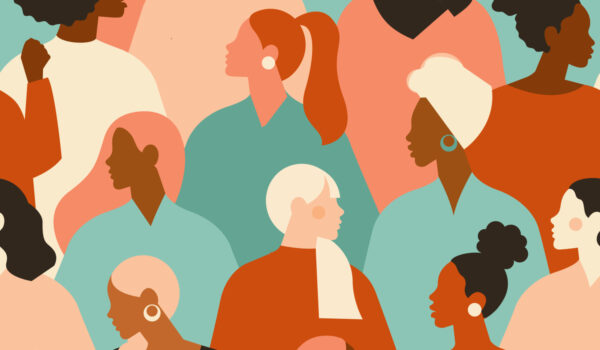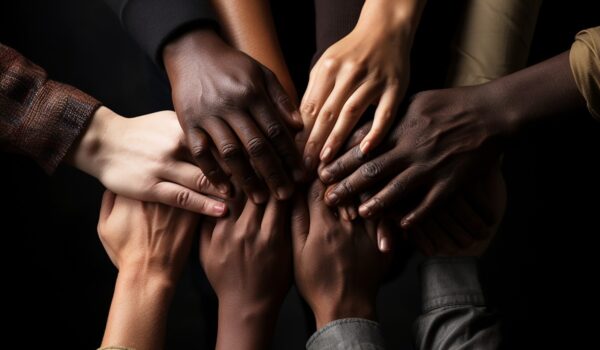Music has long been a powerful tool for social change, providing a voice to the marginalized and inspiring action in ways that words alone often cannot. Throughout history, music has played a crucial role in galvanizing social movements, serving as both a reflection of societal issues and a catalyst for change. From civil rights anthems to protest songs, music has the unique ability to unite people, evoke emotions, and communicate powerful messages.
One of the most prominent examples of music influencing social movements is the Civil Rights Movement in the United States during the 1950s and 1960s. Songs like “We Shall Overcome” and “A Change Is Gonna Come” by Sam Cooke became anthems of the movement, encapsulating the struggle and hope of African Americans fighting for equality. These songs provided a sense of solidarity and strength, encouraging people to stand up against injustice. The lyrics often spoke directly to the experiences and aspirations of the oppressed, making the movement’s goals more tangible and relatable to a wider audience.
Similarly, the anti-war movement during the Vietnam War era saw music as a crucial element of protest. Artists like Bob Dylan, Joan Baez, and John Lennon used their music to express dissent and call for peace. Dylan’s “Blowin’ in the Wind” and Lennon’s “Give Peace a Chance” became synonymous with the anti-war sentiment, resonating with a generation disillusioned by the conflict. These songs provided a soundtrack to the protests, helping to mobilize people and amplify their message. The emotional power of music allowed it to transcend political rhetoric, appealing to the hearts and minds of listeners.
In more recent times, music continues to play a vital role in social movements. The Black Lives Matter movement, which gained significant momentum in the 2010s, has seen artists using their platforms to address systemic racism and police brutality. Songs like Kendrick Lamar’s “Alright” and Beyoncé’s “Formation” have become anthems of the movement, capturing the pain, anger, and resilience of the black community. These songs not only raise awareness but also serve as a form of protest, challenging the status quo and demanding justice.
Music’s influence on social movements is not limited to specific genres or regions. In Latin America, the Nueva Canción movement of the 1960s and 1970s saw artists like Víctor Jara and Mercedes Sosa using folk music to address social and political issues. Their songs spoke to the struggles of the working class and indigenous populations, calling for social justice and political change. Similarly, in South Africa, musicians like Miriam Makeba and Hugh Masekela used their music to oppose apartheid, bringing international attention to the injustices faced by black South Africans.
The power of music in social movements lies in its ability to communicate complex ideas and emotions in a way that is accessible and relatable. Music can break down barriers, creating a sense of unity and shared purpose among diverse groups of people. It can also serve as a form of resistance, giving voice to those who are often silenced and providing a means of expressing dissent. In this way, music becomes a form of activism, challenging societal norms and inspiring change.
Moreover, music has the ability to endure, leaving a lasting impact on future generations. Songs that were once protest anthems can become part of a society’s cultural memory, continuing to inspire and motivate long after the movements they were associated with have ended. This enduring nature of music ensures that the messages of social movements remain relevant and influential, reminding us of past struggles and the ongoing fight for justice.
In conclusion, the influence of music on social movements is profound and multifaceted. It has the power to unite, inspire, and challenge, making it an indispensable tool for those seeking social change. Whether through civil rights anthems, anti-war protest songs, or contemporary tracks addressing systemic injustices, music continues to play a vital role in shaping and driving social movements. As long as there are voices demanding change, music will remain a powerful force in the fight for a better world.









Comments